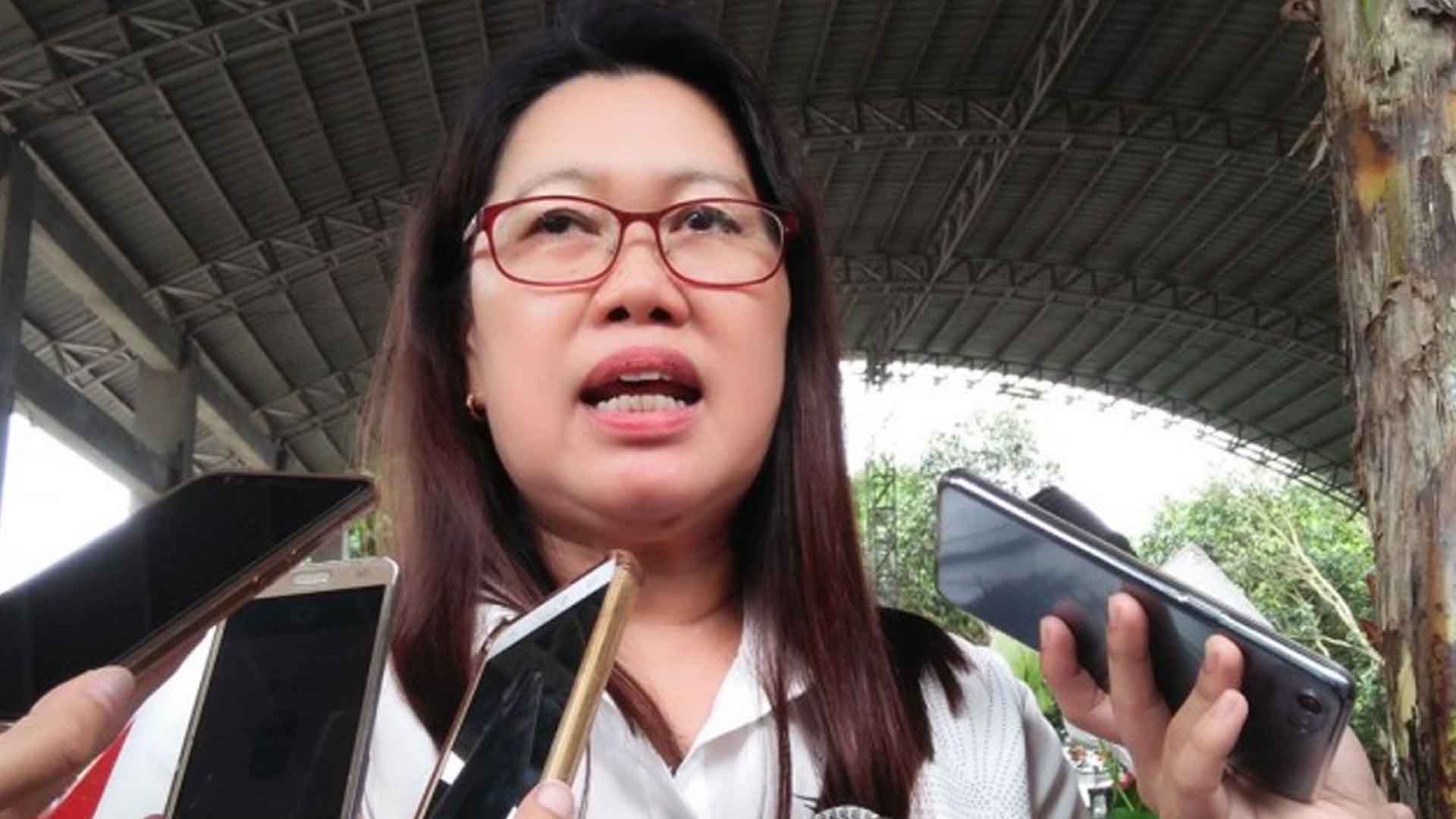The Bureau of Fisheries and Aquatic Resources (BFAR) will launch on Tuesday its Adopt-A-Village project in Barangay Igbon in the municipality of Concepcion as part of the rollout of the new Blue Swimming Crab National Management Plan (BSCNMP).
“This is our strategy under the Blue Swimming Crab National Management Plan, where BFAR will focus in Igbon, which is a major crabbing area,” said BFAR Western Visayas director Remia Aparri in an interview on Monday.
She said the plan is a crucial step towards improving the sustainability of the country’s blue swimming crab (BSC) production.
During the three-year duration of the program, Aparri said they will provide technical assistance for the sustainable management of the crustaceans, commonly known here as “kasag.”
She said they will also work to ensure the implementation of an ordinance if there is any, or lobby for the enactment of a measure on the regulation and management of the BSC in the area.
Simultaneous with the project rollout will be the launching of the Sustainable Fisheries Partnership’s Universal Fish ID for product traceability in the Visayan Sea using a barcode to identify the village where kasag products come from.
She said the Fish ID has something to do with branding and sustainability of production since most of the crabs that are grown in Concepcion are being exported to the United States.
“We want to brand our kasag from the Philippines, specifically to model in Concepcion the practices that should be done so that our products will pass the export market, specifically the US,” she said.
BFAR will also provide crab-caliper, an information, education, and communication material that will be used to measure the carapace of crabs to determine its legal size for picking.
After three years, Aparri said they hope to see responsible crabbers picking only those within the prescribed sizes and for the practice to translate into high production and income.
“We hope to see the ecosystem intact to support the blue swimming crab production in the area, to be translated into income, improving the lives of the people,” she said.
With abundant production, they hope to sustain the export market, provide affordable consumption to the people of Concepcion and contribute to the overall production of the province and the region.
Aparri added that the best practices of the barangay will be replicated in other crab-producing areas.
Record from the municipal agriculture office of Concepcion showed that the 61 registered fishing boats from Barangay Igbon can catch five to 15 kilos of crab per boat/per day.
Meanwhile, BFAR and partner agencies will also conduct competitions for on-the-spot poster-making for learners of the Concepcion Central School and Igbon Elementary School, phone photography for secondary students and blue swimming crab short video clips for college students.
There will also be a medical and dental mission, free haircut and gender and development booth for the local fisherfolk and BSC producers in Igbon as part of the celebration of the Farmers’ and Fisherfolk’s Month this May. (PNA)





















